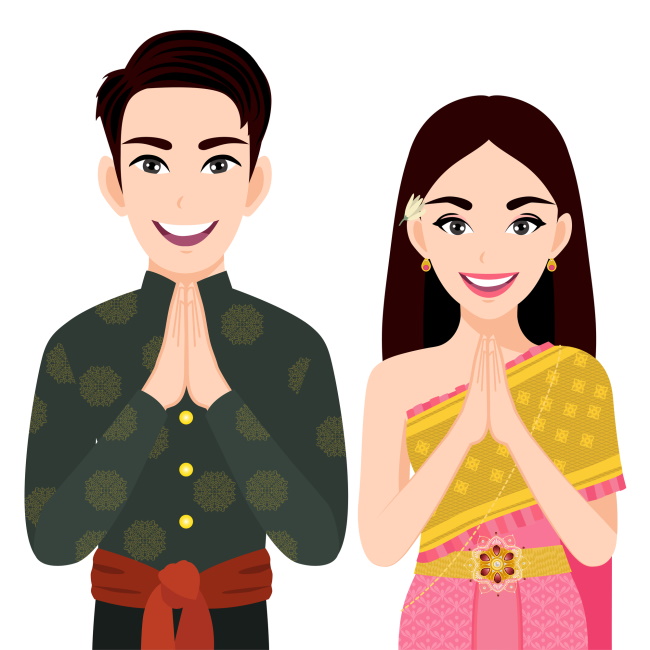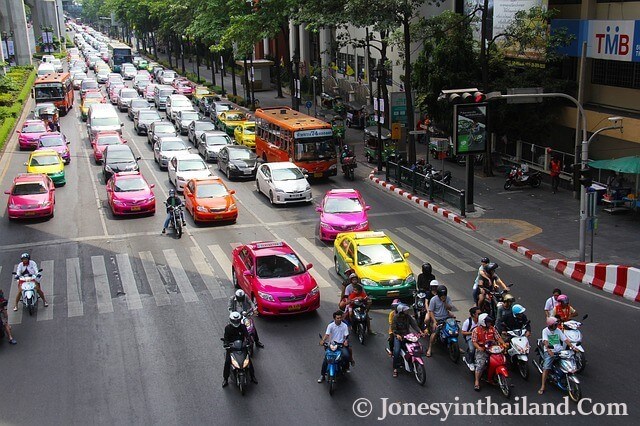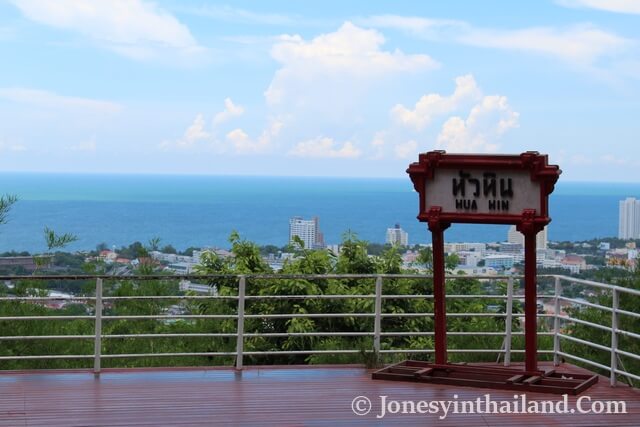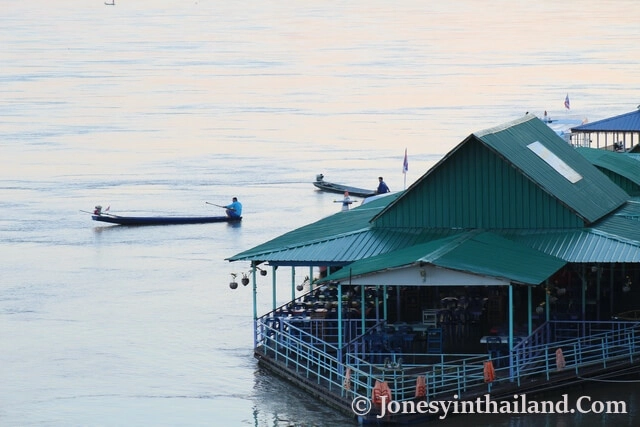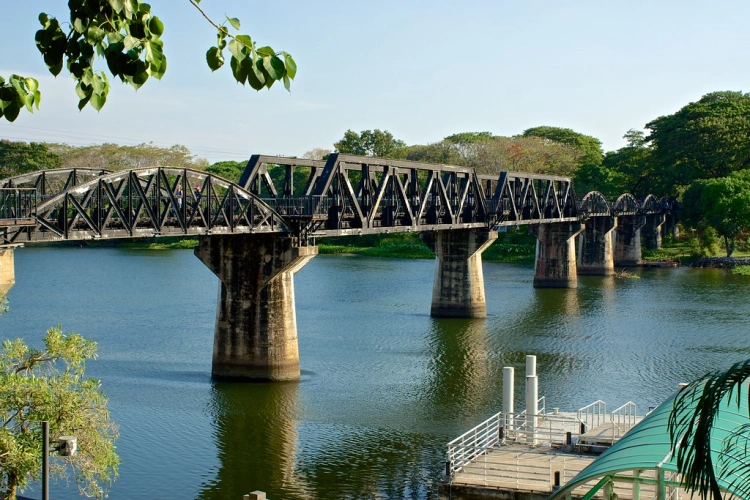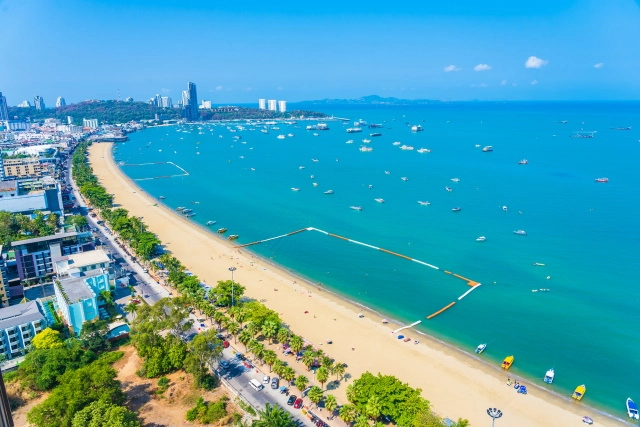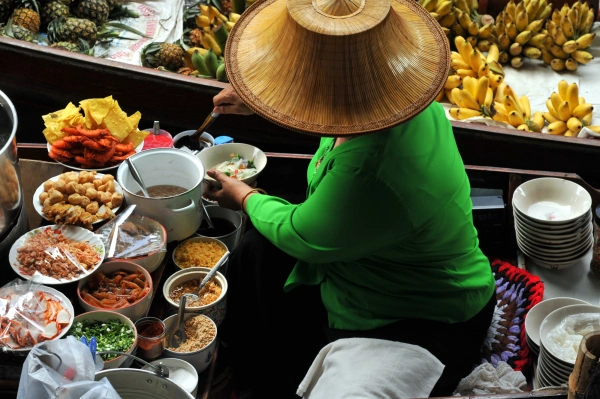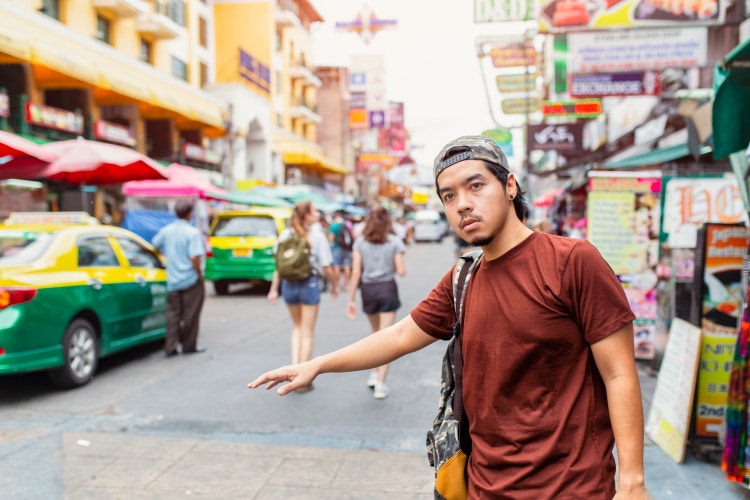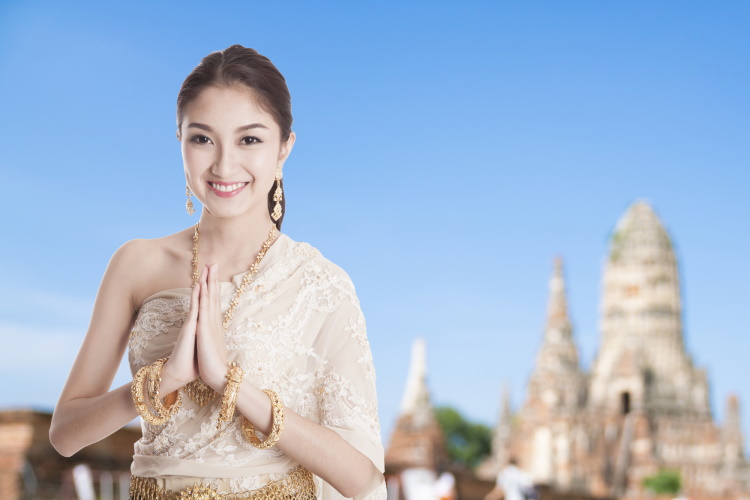
Etiquette and customs in Thailand are deeply ingrained within society and its people, and part of Thai culture as a whole that dates way back – influenced by neighboring countries and Theravada Buddhism.
Most visitors coming to Thailand for a holiday or short visit do not really need to understand many of Thai customs to get along very well here. You’ll be surprised how far just a polite smile can get you!
Do’s and Dont’s
I’m going to keep these fairly basic and cover customs that a visitor may have the opportunity to use and follow, and anything that could cause offense. As with all countries and cultures – we just do not know that certain customs are an unsaid rule which may cause people to frown or take offense.
Thais know you are a foreigner (farang in Thai) and don’t expect you to adhere to all customs and etiquette. If you get to know any Thai people they will want you to be relaxed and not to worry too much, and they will help immensely with basic cultural differences.
Thai Greeting – Sawasdee
As soon as you arrive in Thailand at your hotel you’ll be greeted with “Sawasdee Krub (male) and Sawasdee Kha (female)” and a ‘Wai – palms put together in prayer’. When visiting most establishments you’ll be greeted this way.
Sawasdee with Khrap or Kha in Thai language and the palms put together in prayer towards a person is hello and welcome. The preying hands is named ‘Wai’. The Wai is used in various ways, at certain times, in a different manner depending on the situation and persons, but the basics are hello and welcome.

You’ll not need to return a Wai to staff in establishments etc., as this is a welcome made the Thai way, just as the English and others say hello and welcome. If you’re meeting with Thai people, especially family then the Wai is important to use, and I would avoid going to shake hands as we do in the west unless the other person initiates it.
— Read More About The Thai Wai —
Thai Monarchy
Unlike the royal family in my country (UK) Thailand has a very strict law, named lèse majesté. This law has landed those breaking the law imprisoned for long periods. The best policy as a foreigner I have found is not to discuss these types of matters including politics in public – it’s simply not my business.
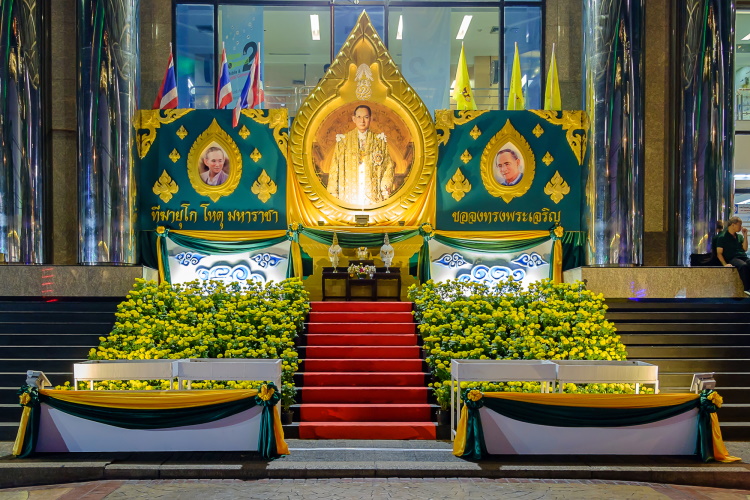
Head and Feet
The head of a person in Thai culture is viewed as sacred and the feet as dirty and lowly. It’s important not to touch others on the head and also very important to not point bare feet facing people, place them on chairs etc., and avoid pointing the toes at any Buddhist statues.
You’ll notice Thais in certain places, especially temples or attending any formal gatherings that the feet are placed behind in a position that looks fairly uncomfortable. It can be uncomfortable in that position, but in many situations crossing the legs in the normal manner is fine and Thai people will understand as it’s their culture.
In Thailand people will not use their feet to close a fridge door (for example) or for anything else that’s usually done with their hands. We do this in the west, but it’s frowned upon in Thailand.
Shoes Off
As with most Asian countries shoes are taken off when entering certain buildings, especially temples. When entering a home in Thailand taking shows off is standard. If you’re unsure, look for shoes already placed outside a building and you can ask someone when opening the door to enter ‘whether you have to take shoes off’.
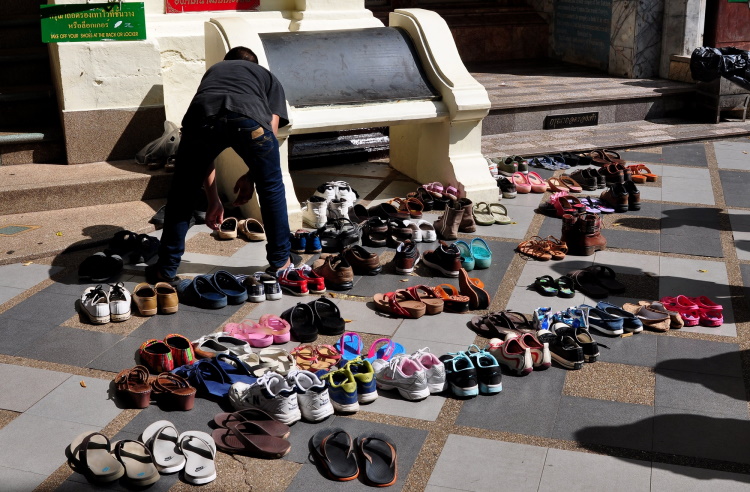
Dress Code
In tourist areas, especially on the islands and beach areas, the code is pretty much wear what you like for the weather. You’re on holiday and of course, the flip flops must come out!
In cities, you’ll see Thais and western ex-pats wearing clothes that we wear in the west, which can look a bit odd at first as it’s so HOT. In the cities, I dress casually smart, still with shorts and maybe a t-shirt sometimes, but not flip-flops. This is totally up to you and what you see, want to follow, and are comfortable with.
When visiting temples covering up the shoulders and below the knees is a must. Other establishments (e.g. immigration) will require covering up as well.
If you’re a single man and would like to attract a beautiful Thai woman, dressing well will win you massive brownie points from the beginning. How you present yourself in Thailand is very important to Thai people.
It’s a good idea before arriving in Thailand to buy some light weight but smart clothing for certain occasions. Nothing expensive, just smart, covering the knees, and light enough for comfort in the heat.
Monks
Monks are second to royal family in terms of respect given. You’re likely to see many monks politely getting along with their own business on a bus, train, and in everyday places. At a temple, you may be able to speak with a monk if they can speak English, but usually in public places a monk will just quietly get along with their own business and Thai people.
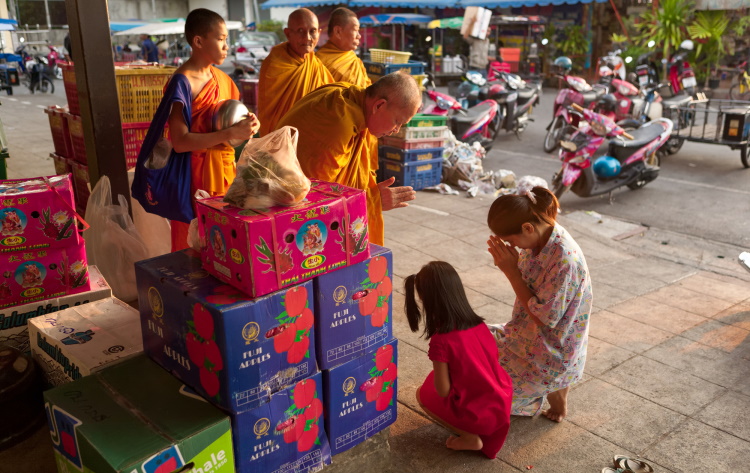
Sometimes I see local Thais speaking with local monks, and a local monk always shares a good morning in English when he sees me. I have briefly spoken with monks at temples, but I would never just randomly speak with them elsewhere.
Monks are forbidden to have physical contact with females as part of the Buddhist precepts they follow. Thai women respect this and do not usually stand next to or sit next to a monk in robes.
Etiquette in Public
Physical contact such as kissing and touching in public is usually avoided in Thailand. While it’s normal to see people snogging in public places in my home country – it’s just not the done thing here. Holding hands is fine. When I meet my wife in public I will touch her arm to show affection and greet her warmly, but never hug and kiss her.
Thai’s in general are quite reserved and conservative in public. You’ll notice people speaking on phones very quietly on buses, trains etc., and not talking extremely loud in public places among themselves. There is a respect for others within their environment.
Avoiding conflict, arguments, and causing a fuss about what others are doing is also the Thai way. Creating or participating in conflicts is ‘losing face’ for yourself or the others involved and possibly both. Keeping your cool is important…even in circumstances you know you are in the right – stay cool (Jai Yen). This is a much bigger subject I will cover in another article.
The basics of how most Thais like to appear in public is based on politeness, consideration of others, and being seen as a person with self-control.
Tipping
Tipping can be slightly similar to how tips are given in the west in one way. No service charge “give a tip”……service change no need to leave a tip.
A difference I have found is politeness and good service is mostly much better than I experience in the UK. Most of the restaurants I visit that I use frequently or the places where waiting staff are very helpful I will leave a tip. If I have an opportunity to leave a tip in any situation where I get a good service, I will.
It’s really up to you when tipping, but you do not need to feel like you must tip everyone for every service provided.
Basic Do’s and Dont’s
Here are the very basics to know that help makes things more comfortable for Thai people and visitors.
Do —
Smile
Take your shoes off when required
Cover up the knees and shoulders when required
Stay calm
Mind your feet (as above)
Don’t —
Touch a Thai person’s head
Offend the monarchy
Lose your cool

I’m Jonesy. The one responsible for whole lot of things including having this Thailand site up and running. I first arrived in Thailand in 2008 and being a web developer it made sense to create a website and write some stuff about my second home. Enjoy your travels!

